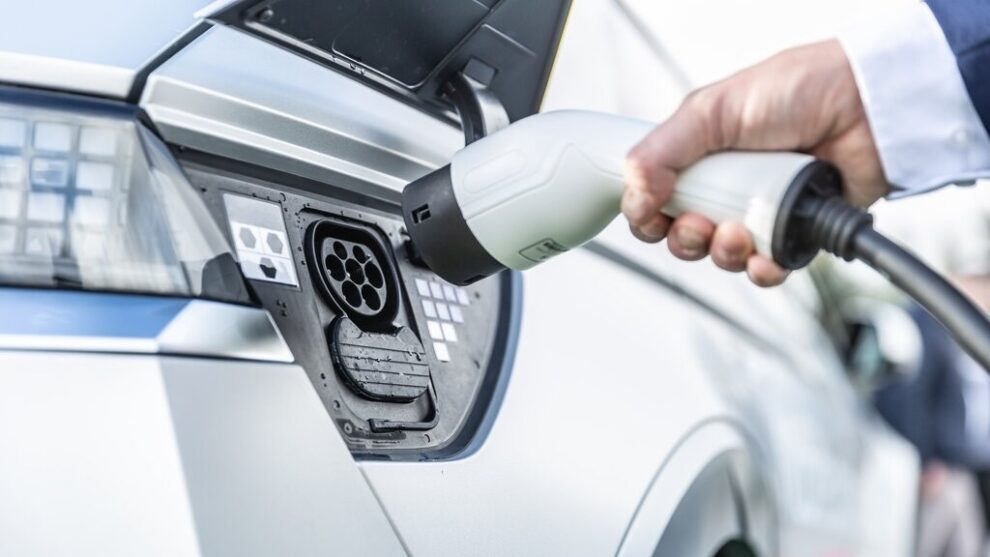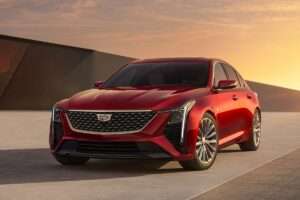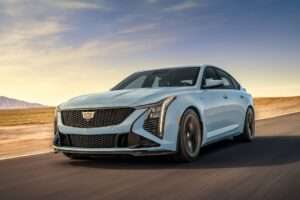Choosing your next vehicle involves more decisions than ever before, with alternative fuel options expanding rapidly beyond traditional gasoline and diesel choices. Understanding the strengths and limitations of each fuel type helps ensure your choice aligns with both your practical needs and environmental goals.
Battery Electric Vehicles: The Zero-Emission Option
Battery electric vehicles represent perhaps the most widely recognized alternative to conventional cars. These vehicles offer several compelling advantages, including zero direct emissions, lower operating costs, and reduced maintenance requirements. Modern electric vehicles provide increasingly impressive range capabilities, with many models offering 250-300 miles on a single charge.
Charging infrastructure continues to expand rapidly, though availability varies significantly by region. Home charging provides convenient daily refueling for most users, while growing networks of public charging stations support longer trips. However, charging times remain longer than traditional refueling, particularly important for drivers regularly covering long distances.
Operating costs typically prove lower than conventional vehicles, with electricity generally costing less than equivalent gasoline. Maintenance costs often reduce significantly due to fewer moving parts and simpler systems. However, initial purchase prices currently run higher than comparable conventional vehicles, though this gap continues to narrow.
Plug-in Hybrid Electric Vehicles: Flexibility First
Plug-in hybrid vehicles offer an intriguing compromise between conventional and fully electric vehicles. These vehicles combine battery electric operation for shorter trips with gasoline engines for longer journeys. This dual-fuel capability eliminates range anxiety while still providing significant emission reductions during typical daily use.
Many users find plug-in hybrids particularly attractive during the transition to electric vehicles, as they require minimal changes to driving habits while providing experience with electric operation. The ability to operate on either electricity or gasoline provides flexibility for various driving conditions and trip lengths.
Purchase prices typically fall between conventional vehicles and fully electric models, while operating costs depend heavily on the proportion of electric versus gasoline operation. Maintenance requirements generally exceed those of fully electric vehicles but remain lower than conventional cars for many components.
Hydrogen Fuel Cell Vehicles: The Future Alternative
Hydrogen fuel cell vehicles offer several unique advantages, combining zero emissions operation with quick refueling times similar to conventional vehicles. These vehicles generate electricity onboard through hydrogen fuel cells, powering electric motors while emitting only water vapor.
Current challenges include limited refueling infrastructure and higher purchase prices due to low production volumes. However, hydrogen vehicles prove particularly attractive for larger vehicles and commercial applications where battery weight becomes problematic.
Refueling times rival conventional vehicles, typically taking less than five minutes for a full tank providing 300-400 miles of range. Operating costs currently run higher than other alternatives due to hydrogen production and distribution expenses, though costs continue to decrease as infrastructure expands.
Natural Gas Vehicles: Proven Technology
Natural gas vehicles represent a well-established alternative fuel option, particularly popular in fleet applications. These vehicles operate on either compressed natural gas (CNG) or liquefied natural gas (LNG), offering lower emissions than gasoline while maintaining familiar refueling processes.
Infrastructure for natural gas refueling exists in many areas, though primarily serving fleet operations. Home refueling options exist for CNG vehicles, though installation costs prove significant. Operating costs typically run lower than gasoline, particularly during periods of high oil prices.
Vehicle cost premiums remain moderate compared to conventional vehicles, while maintenance requirements prove similar. Many users appreciate the lower emissions and potential cost savings, particularly in regions with well-developed natural gas infrastructure.
Biodiesel and Renewable Diesel: Drop-in Solutions
Biodiesel and renewable diesel offer alternatives for diesel vehicle operators seeking lower environmental impact. These fuels can often be used in existing diesel engines with minimal or no modifications, providing an immediate path to emission reductions.
Availability varies by region, with higher blend levels more common in areas supporting local production. Operating costs typically parallel conventional diesel, though prices may vary based on production costs and local market conditions.
Most modern diesel vehicles handle biodiesel blends without modification, though manufacturers specify maximum blend levels for warranty coverage. Maintenance considerations include more frequent fuel filter changes during the initial transition to biodiesel use.
Synthetic Fuels: Future Potential
Synthetic fuels represent an emerging option combining the convenience of conventional fuels with potential carbon neutrality. These laboratory-created fuels can utilize captured carbon dioxide and renewable energy during production, potentially creating a closed carbon cycle.
Current challenges include limited availability and higher production costs compared to conventional fuels. However, synthetic fuels offer the advantage of compatibility with existing vehicles and infrastructure, potentially providing a transitional path toward lower emissions.
Production costs currently exceed conventional fuels significantly, though increasing scale and improving technology may reduce this premium over time. Many users appreciate the potential for reduced emissions without requiring vehicle replacement.
Making Your Decision
Choosing between alternative fuel options requires careful consideration of several factors. Daily driving patterns, local infrastructure availability, climate conditions, and economic considerations all influence the optimal choice for each user.
Consider your typical driving patterns, including daily distance, frequent destinations, and any long-distance travel requirements. Evaluate local infrastructure for your preferred fuel types, including home charging or refueling options. Review vehicle availability and pricing in your market, including any applicable incentives or tax credits.
Climate considerations affect different technologies differently. Battery performance and range vary with temperature, while some alternative fuels face specific cold weather challenges. Understanding your local climate helps ensure your chosen technology performs reliably year-round.
Alternative fuel vehiclesTHank continue evolving rapidly, with improving technology and expanding infrastructure making them increasingly practical for more users. While each option presents specific advantages and challenges, the growing variety of choices helps ensure suitable options exist for most applications.
Future developments promise continued improvements in technology, infrastructure, and cost effectiveness across all alternative fuel types. Understanding current options while remaining aware of emerging technologies helps ensure informed decisions aligned with both immediate needs and long-term goals.
















Add Comment